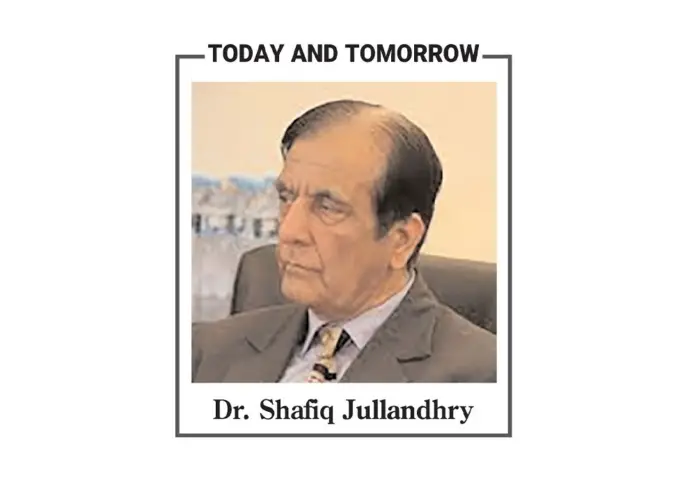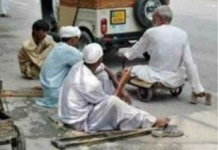In the last column, I mentioned the riches of a multi-linguistic and multi-cultural society. Some friends have raised some questions. For their comprehension, I will now narrate some more points. Suppose in a small valley there are some fifty thousand people who speak a unique language known to them only. This language has lived there for many centuries. These people are very comfortable in this language. The language has its own proverbs, idioms, and maxims. Let us estimate the number of people who have resided in this valley during the last three centuries. We can consider their number the same, i.e., 50 thousand throughout the three centuries. If the average age was fifty years, then this valley would have had 100,000 people in a century and 600,000 in three centuries. If everyone had lived in this valley for an estimated fifty years. The total years of a human’s life spent in this valley during these three years was three crore years. If this population is forced to disperse across the country as a result of a disaster, and their language dies as a result of their absorption in different language areas and non-use of their old language, it will mean that humanity has lost its millions of years of knowledge and experience enclosed in this language. UNESCO and other world organisations are struggling to keep all the languages alive because the knowledge of any language, especially for those living in their specific ecologies, is a far more valuable treasure of the human heritage than the common people think.
Supposedly, if after the disaster some other people come to reside in that valley, they will need to know the times of sowing and cutting their crops, the medicinal values of the herbs of the area, seasons, floods, flora, and fauna. In this regard, there could be no match between three centuries’ experience and tested knowledge stored in this language, either written or saved in memories transferred by ancestors to descendants. The death of a language or culture is the death of a part of humanity. Some loss of the collective wisdom of humanity. There is a common saying: wise are the people who make use of others’ experiences, people with less wisdom are those who experience themselves and then learn; and stupid are those who don’t even learn from their own experiences. American youth are told by their elders that the United States of America is the hub of all sorts of sciences, technologies, inventions, and innovations. But even then, we need to keep our eyes open to the changes going on around us, but we also need to keep our eyes on the research and technology of other important nations. If we don’t care about this, then other nations can leave us far behind in the race of technology.
We know the theme behind the commemoration of Thanksgiving Day by Americans, which is celebrated on the fourth Thursday in November. It recalls a 1621 feast shared between the Wampanoag people and the English settlers. In this year, settlers had a high yield of crops that they sowed with the help of some Red Indians. On this occasion too, Americans tell their children that we must be ready to make use of the wisdom of others if it can benefit us. We can learn so many good things from the people of other cultures. America is the richest nation in the world, as well as the most hard-working among all nations. They believe that humans face expected and sudden problems in their lives, but we can solve them if we don’t lose our patience and face them with a smile on our faces. They say that a big person always needs a lot of courage and patience. Hurry makes curry.
When dealing with cultural and linguistic hatred, we can see that there is a majority group that begins to consider itself much wiser and smarter than other groups and enjoys ridiculing and subduing minority groups through coercive measures. It is always exploitation that creates unrest among the minorities, ultimately resulting in riots. For minorities or majorities, snubbing others is not less than depriving them of their rights. We must teach respect for others and care for the poor and weaker factions at the early school levels. To ridicule the face, language, accent, body complexion, and colour of others must be taken as the greatest disrespect and the worst ill-mannered behavior. Generally, we do not care about this aspect of our behavior, and our funny mood always searches for someone to ridicule. These are minor things in our daily life but are poisonous and below the dignity of humans.







